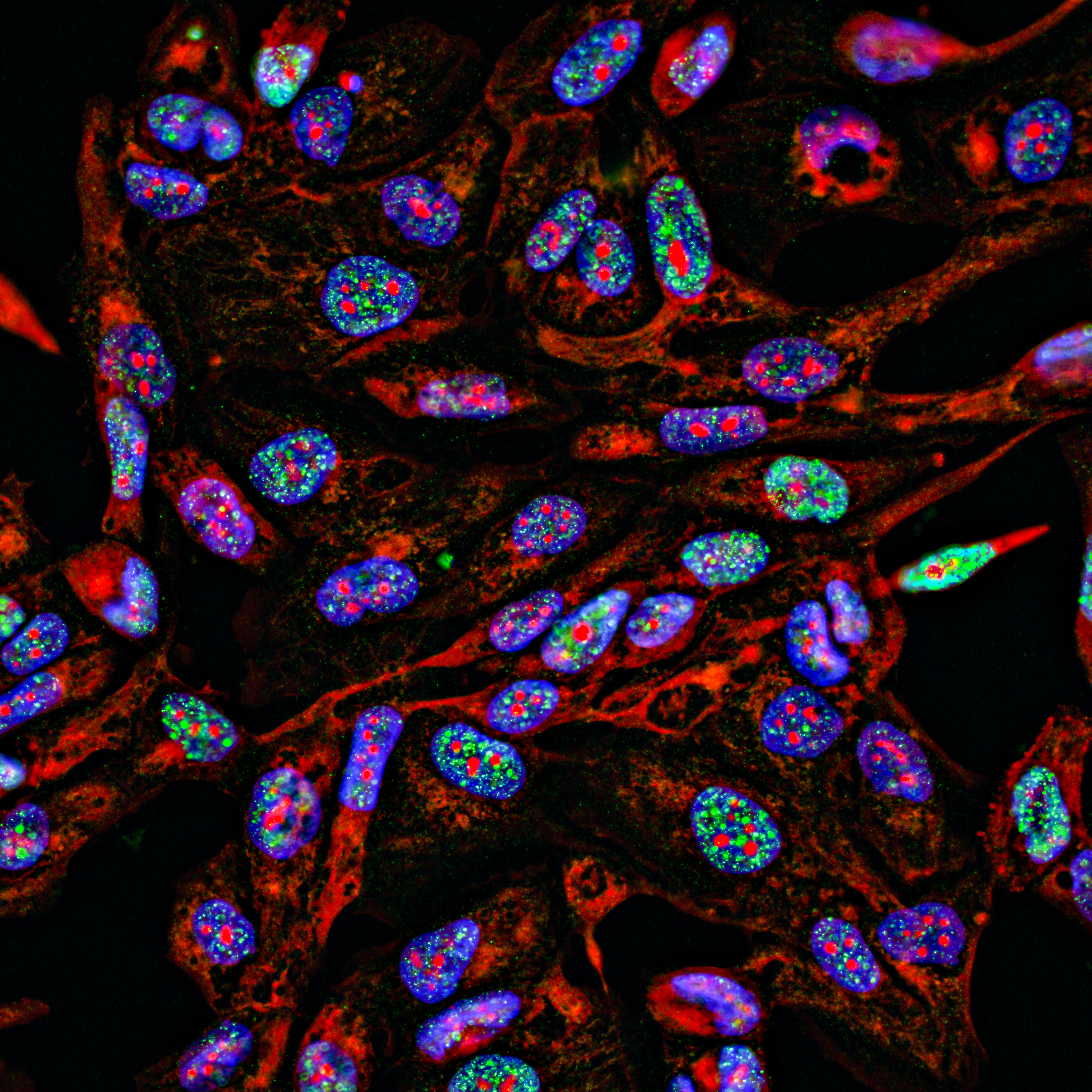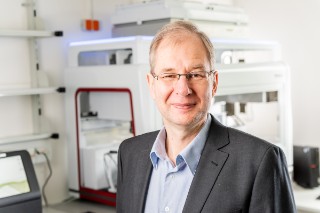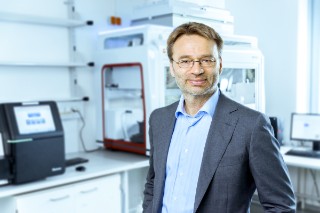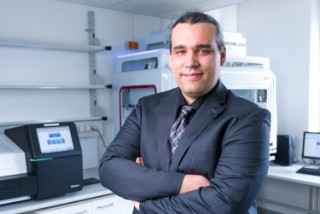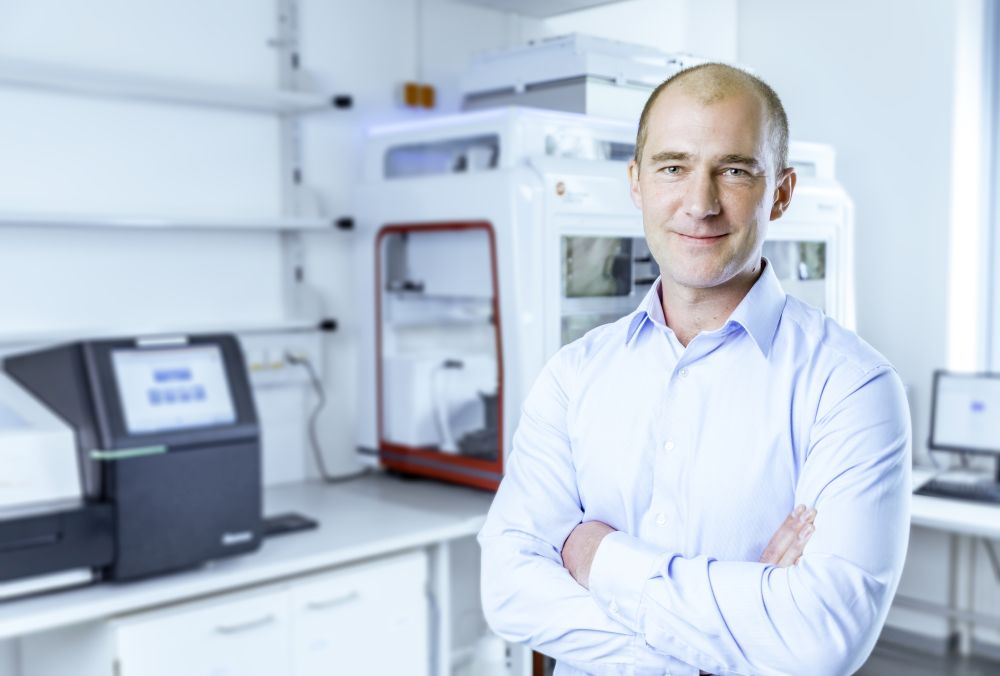In tumor research and clinical oncology, clinical data are increasingly being supplemented by high-dimensional molecular data, so-called multi-omics data. This enables a more comprehensive characterization of individual disease progression and better tailoring of various treatment options to patients. In addition, it is beneficial to combine and analyze this information together with data from high-throughput drug testing and imaging - one of the major challenges of modern medicine.
The Personalized Tumor Therapy department at Fraunhofer ITEM specializes in analyzing individual disseminated tumor cells. This results in bioinformatic challenges, the solution of which usually involves the development of our own customized analysis pipelines and methods. We have developed software applications for medical research and diagnostics, one of which is already used in daily laboratory routine. Legal requirements for data protection and data security play a key role and are complied with in our projects at all levels of data processing.
 Fraunhofer Institute for Toxicology and Experimental Medicine
Fraunhofer Institute for Toxicology and Experimental Medicine